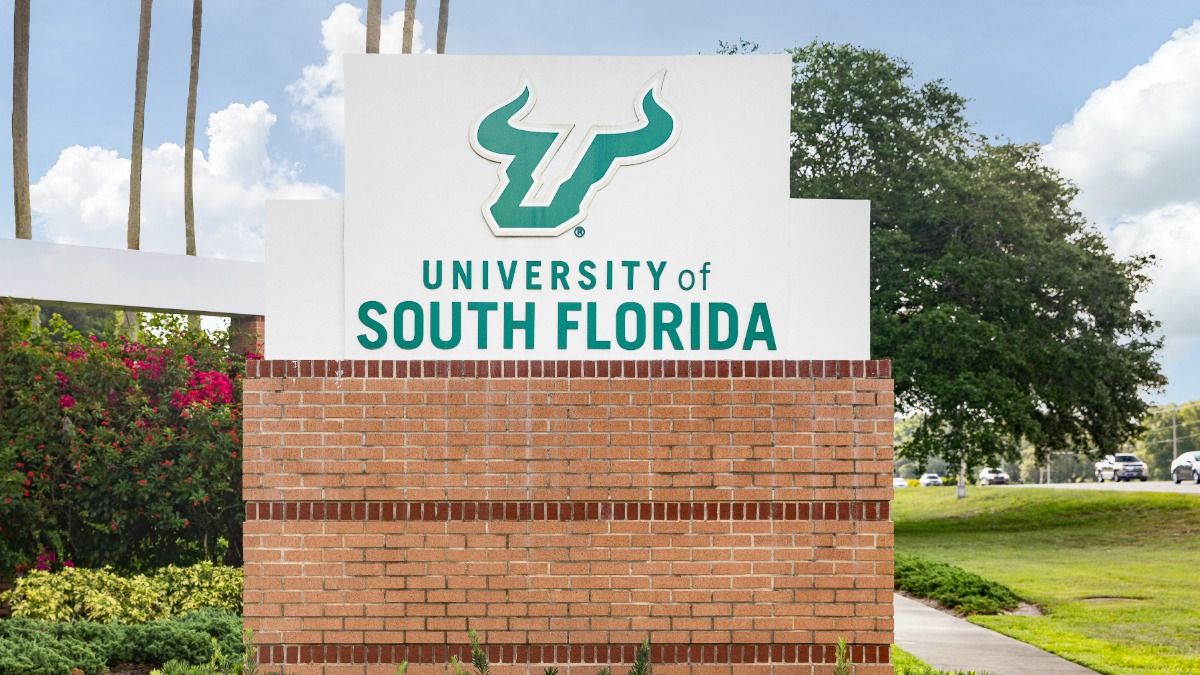U
SF’s Muma College of Business is broadening its real‑estate education portfolio. In 2024 the college launched an undergraduate minor that has already attracted a diverse cohort, with roughly one‑third of participants coming from non‑business disciplines. The minor’s curriculum blends foundational real‑estate theory with hands‑on projects, and enrollment has grown to over 200 students in its first year, reflecting strong campus interest.
Building on that momentum, the college intends to add graduate concentrations to two existing programs in the fall of 2026, pending the necessary institutional and state approvals. The new tracks will be embedded within the Master of Science in Financial Analytics and the professional Master of Business Administration. Students will complete courses such as Real Estate Foundations, Real Estate Investment Analytics, and Real Estate Development, and will be required to undertake a capstone project that partners with a local developer or investment firm.
The centerpiece of the expansion is a proposed Master of Science in Real Estate, slated to launch in the fall of 2027. The 30‑credit‑hour curriculum is designed for completion in roughly one year of full‑time study and is currently awaiting approval from both the university’s internal review committees and the State University System’s Board of Governors. Graduates will be prepared for a range of roles—including brokerage, development, private equity, lending, acquisitions, and portfolio management—with the college’s stated objective of producing professionals who can contribute immediately upon graduation.
Curriculum design draws heavily on the nation’s leading real‑estate programs and on direct input from industry stakeholders. Director Randy I. Anderson, who has previously built comparable programs at Florida International University, the University of Central Florida, and Baruch College, led a comprehensive review of the top ten U.S. real‑estate graduate programs. He combined those findings with the results of a skills survey completed by a 40‑member advisory board composed of C‑suite executives. The board, largely based in Tampa Bay but also representing major real‑estate hubs such as New York, Dallas, and Atlanta, has been highly engaged, offering mentorship, recruitment opportunities, and strategic guidance.
USF has also forged partnerships with prominent firms—including CBRE and MSCI—to host high‑profile speakers and to broadcast live events from Muma classrooms. These collaborations further strengthen the college’s industry ties and provide students with exposure to cutting‑edge market insights. In parallel, the college is developing a dedicated Real Estate Center that will serve as a hub for academic and professional engagement. The center will house the advisory board, support the speaker series, and host an annual Real Estate Leadership Summit. The center is currently navigating the approval process.
Student interest in real‑estate studies is already robust. The university’s real‑estate society—one of the largest campus clubs—draws between 500 and 700 members each year. The club meets weekly during the fall and spring semesters, invites industry speakers, and organizes a case competition and a career fair. Many members have secured internships, mentorships, and employment through the college’s network.
Tampa Bay’s rapid growth—driven by corporate relocations, institutional investment, and significant population gains—provides ample internship opportunities throughout the year. The curriculum also covers risk assessment, forecasting, and market cycles, preparing students to navigate the sector’s inherent ups and downs. Anderson emphasizes that understanding these cycles is essential for professionals who may begin their careers during a boom period.
Applicants to the new Master of Science in Real Estate need not hold an undergraduate degree in real‑estate. The program welcomes students from diverse academic backgrounds who possess strong quantitative and communication skills, offering them the technical training required to succeed in the field. Prospective students must submit a statement of purpose, transcripts, and two letters of recommendation, and will be evaluated on analytical aptitude and career motivation.
In sum, USF’s Muma College of Business is positioning itself as a leading institution for real‑estate education, with a comprehensive suite of undergraduate and graduate offerings, strong industry partnerships, and a vibrant student community.













